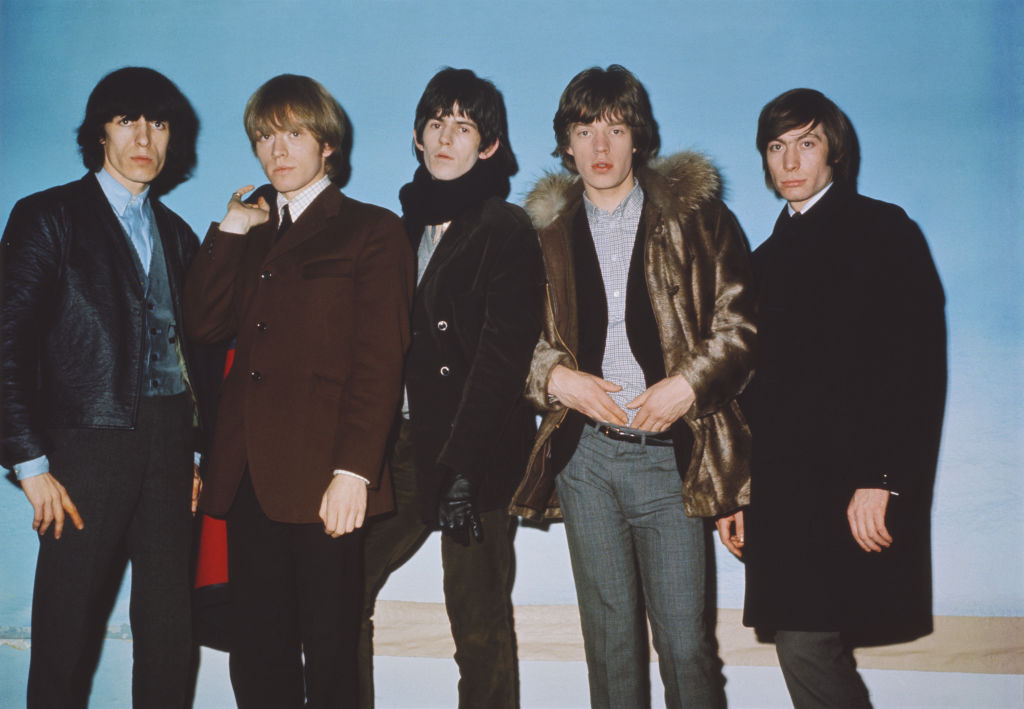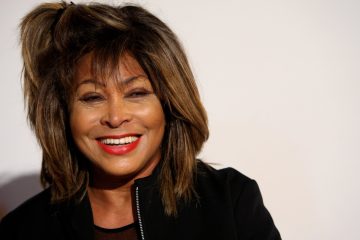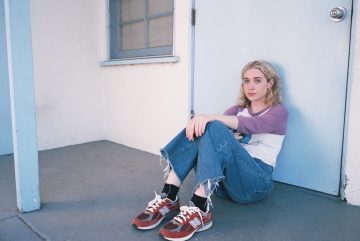For all their domestic success, the Stones had failed to make the imprint they had fantasised about on American audiences during their first tour across the pond. Upon returning to the more accustomed British venues, the group was no doubt looking to put their disastrous month’s experience behind them, returning to the masses of swooning women and ecstatic R&B fans that so commonly defined the band’s early touring days.
Yet for all their expectations, the tour would turn out to be their most raucous to date, resulting from them getting exiled from Blackpool for a near half-century. On 24th July 1964, the Rolling Stones were set to headline a show at the Empress Ballroom, Blackpool, in the middle of the Glasgow Fair.
The town would see an annual uptick in Glaswegian visitors during the period, who, amidst the festivities, would venture to England’s northern seaside for their holiday fortnight. Importantly, Glaswegian crowds were said to be notoriously choosy when it came to live shows, thus the Rolling Stones, coming off the back of their least successful venture to date, were tasked with pleasing the hard to please.
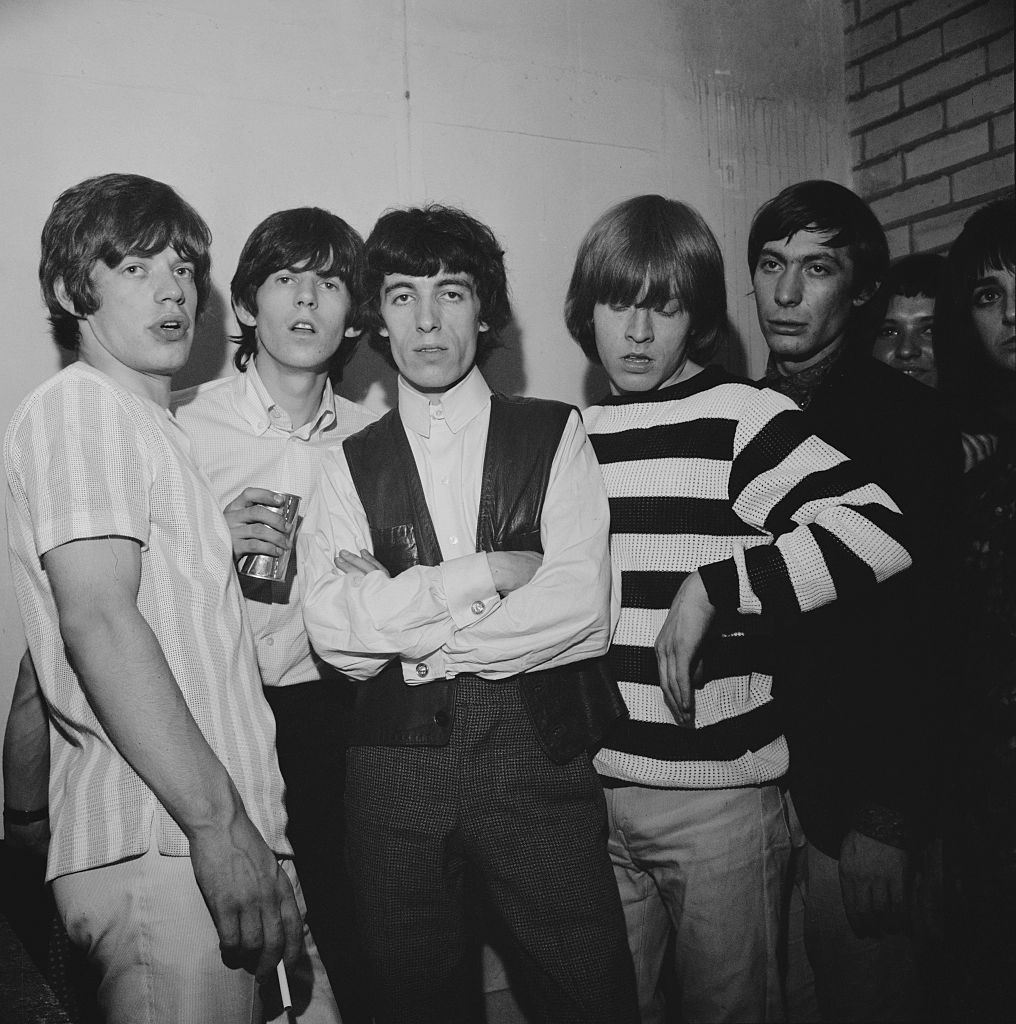
As far as crowds go, the evening’s fate may have been sealed from the start. Support act The Executives opened for the Stones and were the first to feel the force of the crowd. Peter Fielding was a member of the group, and recalled to the Blackpool Gazette the instantaneous hostilities of the crowd, who welcomed them with chants of ‘We want the Stones!’ and by hurling pennies on stage. The Executives’ lead vocalist and future NME journalist, Roy Carr, furthered the animosity by starting, stopping, and restarting several tracks in an attempt to wind up the crowd.
Thus, before the main act had even taken to the stage, the crowd were already at boiling point. Fielding remembered that as the Rolling Stones took to the stage, more intense coin-throwing ensued, all before the real trouble started. Aligning sources, along with the man himself, put the start of the riot down to a retaliation by Keith Richards. According to the guitarist, a group of particularly rowdy concertgoers pushed and kicked their way to the front, beginning to spit at the Stones, specifically targeting Brian Jones. Richards would single out a ringleader and retaliate, stamping on his hands and kicking him in the jaw; from there, chaos erupted.
The crowd began throwing bottles and pretty much anything they could get their hands on, including a fork, at the band as the Rolling Stones swiftly exited the stage just as the audience began mounting the platform. Charlie Watts’ drum kit would become the next subject of assault, as it was torn apart with cymbals tossed across the auditorium.
The group’s grand piano was thrown off the stage, smashing in the process, and various pieces of kit were lost to the riot. The night didn’t stop there, as the mob attempted to forcefully enter another nearby venue where the Dave Clark Five were performing, continuing their stampede through Blackpool. The following morning, it was estimated that the town had suffered over £4,000 worth of damages (over £40,000 today), and the Rolling Stones were promptly indefinitely banned from performing there again.
Perhaps Blackpool set the tone for the tour, as just seven days later, in Belfast, Northern Ireland, a Rolling Stones headline show would be the subject of a further riot. In a venue fit for just over 1,000 visitors, the Stones would take to the Ulster Hall stage to a crowd of a near-3,000.
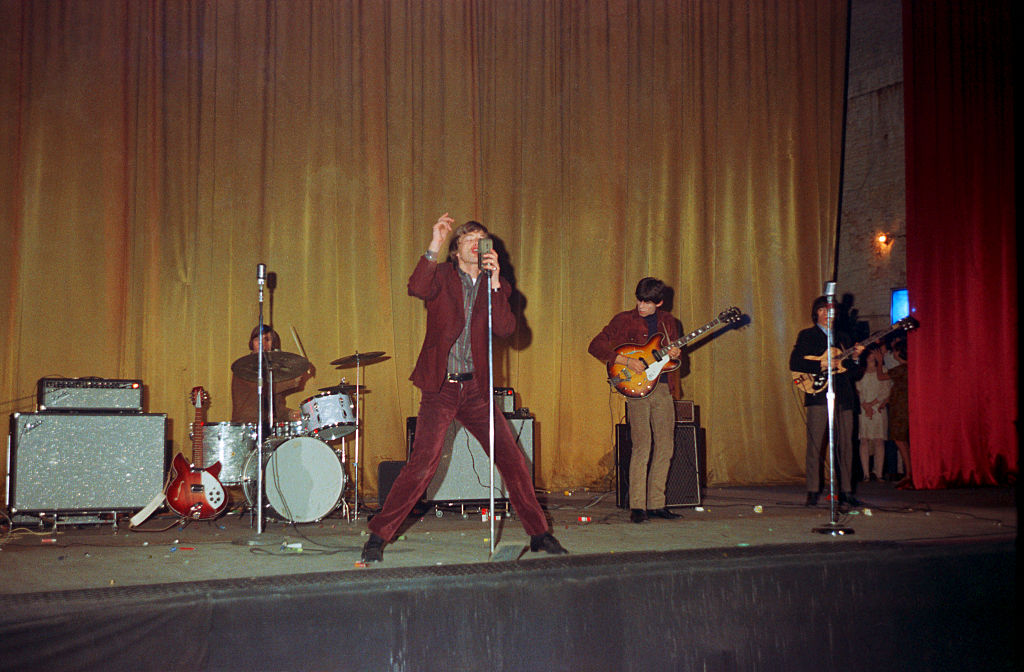
The disorder that followed, whilst not as extreme as the previous week, saw faint women being passed over fans’ heads and others leaving the venue in stretchers, as the group only managed to perform for a mere 13 minutes before the show was shut down.
READ MORE: From Dartford Station to Hackney Diamonds | 12 defining moments of The Rolling Stones
Whilst the group were not forbidden to return to the city as they had been in Blackpool, indeed they would make an appearance in Belfast just months later, the stage was set for the band. Their high-tempo performances and rebellious images would become staple features of the group, who, after six decades together, are still inducing crowd frenzy whenever they step on stage.
Indeed, it seemed as if the town of Blackpool eventually wanted back in with the rock giants. Whilst the group are yet to return to the Empress Ballroom, in 2008 Blackpool Council overturned the ban on the group, 44 years after the Rolling Stones induced a riot.
Keep up to date with the best in UK music by following us on Instagram: @whynowworld and on Twitter/X: @whynowworld

